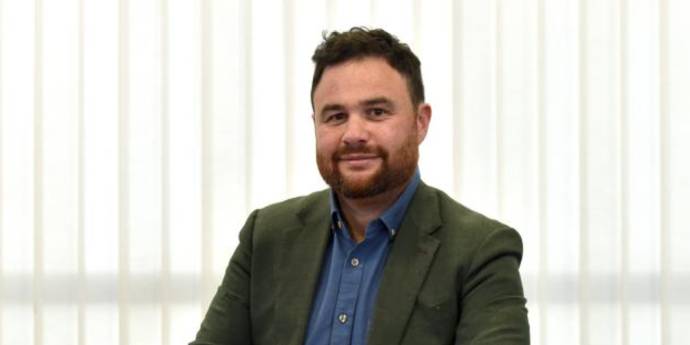Peter Cox: "It's about respecting the past and not being frozen by it"
Peter Cox shares why directors shouldn't forget history, a need for new voices on boards, and the challenges of long term strategy.

When management consultant Jeffrey Broughton CMInstD took the Institute of Directors’ Company Directors’ Course (CDC) he was starting out on his governance career. Today, as an experienced director, he’s still gaining value from it.
“That was in 2017 and I was probably the least experienced director on the programme,” says Jeffrey, who works across Otago and Southland as an Associate Partner for Findex New Zealand, and also sits on several boards.
“It was massive for me both in terms of the learnings and how it has helped my governance career.
“I was applying for Ngāi Tahu’s future director programme and doing the CDC helped me to succeed with that. It showed I was serious about building my governance knowledge and capability.
“After completing the CDC you can do the exam to become a chartered member and I’ve found that very effective when looking at other governance opportunities. It demonstrates that you understand what good governance is and have been tested through exam and a case study.”
With the final CDC courses of the year coming up in Queenstown, Jeffrey says he strongly recommends it to others and sees significant benefits in the Southland context.
“It’s absolutely valuable to have it in Queenstown, for those wanting to get into governance, extend their governance skills or build capability in their business.
“The nature of the local economy is that many of the governance roles are for privately held companies.
“When owners and family members are on a board, it is very important to ensure you have that long term strategic perspective so you can elevate up to a helicopter view.
“The course brings in some strong disciplines of setting strategy, running effective meetings and monitoring and managing risks.”
When it comes to selecting his own governance roles, Jeffrey says it’s essential for him that he has a passion for the purpose and values of the organisation and can clearly see how he would add value.
He currently chairs boards of Sport Otago and Pūketeraki Limited, the investment company which manages the funds for Kati Huirapa Rūnaka ki Pūketeraki, a sub-tribe of Ngai Tahu
He’s also a director of ADL, a not-for-profit organisation operating in the lower South Island, supporting young people with challenges around their wellbeing and mental health.
Jeffrey took on his first governance role, with Pūketeraki, in 2014.
“My father was in the incorporated society and shoulder tapped me, as being a chartered accountant I had a good skill set for them.
“By the time I did the CDC I had two governance roles and the rūnaka, was really enjoying governance and wanting to look for new governance opportunities. I knew that the course - and then the chartered membership - would not only increase my knowledge but would demonstrate my commitment to my professional development.
“It was fantastic, the content was on-point, and it was incredible to learn from experienced executives and directors who were participating.
“It was also a really good networking experience, going out to dinner after and reflecting together on the learnings and board relationships.”
Another major learning for him was about having confidence in what ‘good looks like’.
“Determining purpose, effective governance, holding to account and effective compliance, and the role of governance vs management.
“A director needs to have qualities of curiosity, to test and challenge the why and constantly sharpen their knowledge.
“You need courage, to make the best decisions, particularly where there are different perspectives, and a high level of EQ because every board is different and you need to understand how to get the best out of individuals, the board and management.”
He encouraged local companies to consider the benefits of implementing an independent board of directors.
“That independent perspective is very important, especially with a family business and where there are multiple shareholders.
“You might be entering new markets, launching new product lines or raising capital. Professional directors have depth of knowledge and wide networks, they sit across a number of companies so they have shared learnings to offer.”